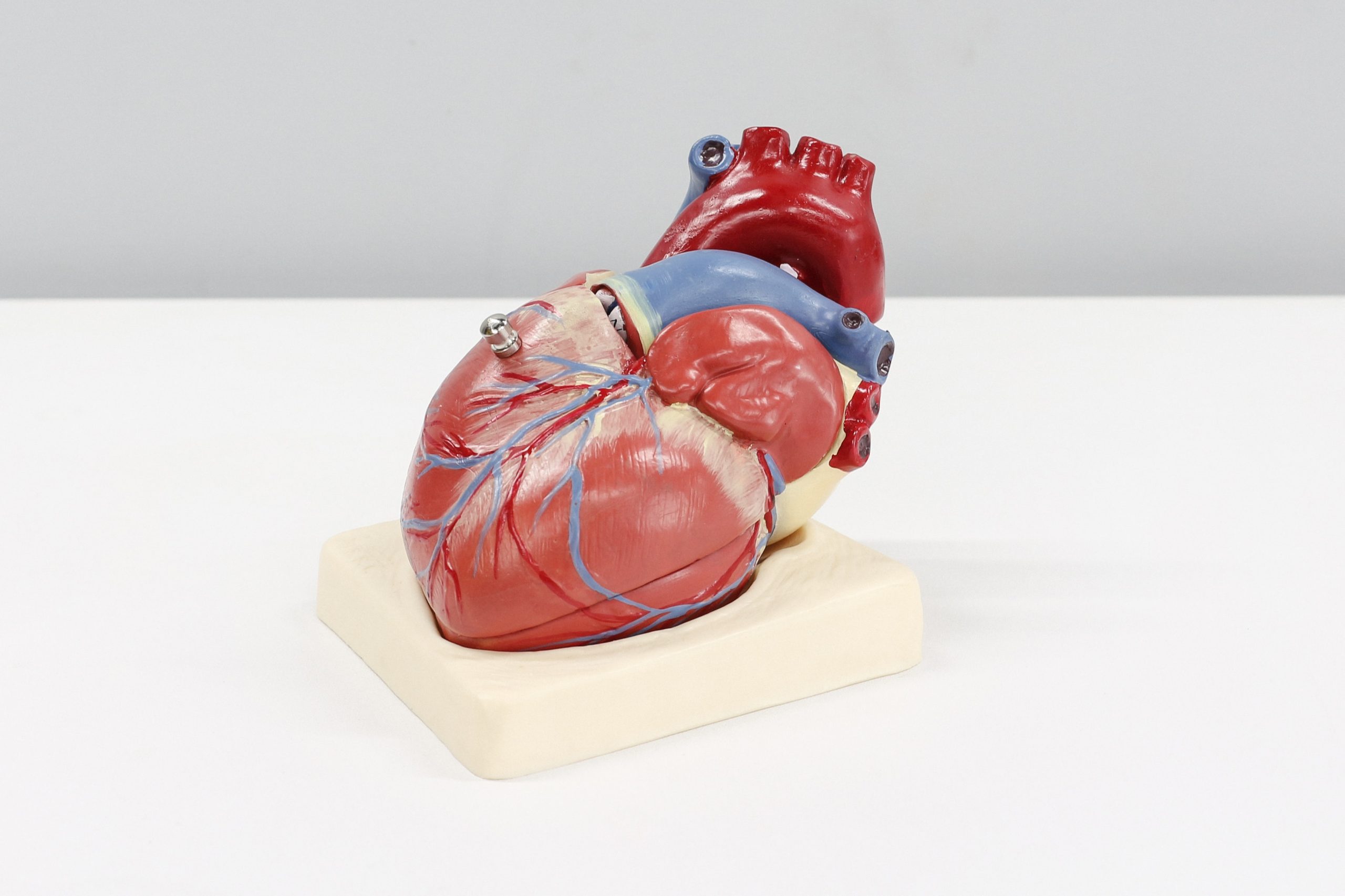Introduction
Are you tired of popping pills to reduce your risk of heart disease? Do you wonder if lifestyle changes can really make a difference for your heart health? In this blog post, we explore the question: Can lifestyle changes truly replace statins in reducing the risk of heart attack? We’ll take a closer look at both approaches and share some surprising findings that may just inspire you to make some positive changes. So whether you’re looking to avoid medication or simply want to improve your overall well-being, keep reading!
What are statins and how do they work?
Statins are a class of drugs that can help to lower cholesterol levels in the blood. They work by inhibiting an enzyme in the liver that is responsible for making cholesterol. Statins can be used to treat people who have high cholesterol levels and are at risk for heart disease.
There are a variety of statins available on the market, each with its own unique side effect profile. The most common side effects associated with statins include headache, muscle pain, and nausea. Some people may also experience more serious side effects, such as liver damage or rhabdomyolysis (a condition that can lead to muscle breakdown).
It is important to speak with a healthcare professional before starting any medication, including statins. This is because each person reacts differently to medication and some people may not be able to tolerate statins well. It is also important to be aware of the potential side effects so that you can identify them early on and seek medical attention if necessary.
Lifestyle changes that can help reduce heart attack risk
While there is no one-size-fits-all approach to preventing heart attacks, making some lifestyle changes can help reduce your risk. These include:
– Eating a healthy diet: Focus on fruits, vegetables, whole grains, and lean protein. Limit salt, saturated fat, trans fat, and cholesterol.
– Getting regular exercise: Aim for 30 minutes of moderate exercise most days of the week.
– Managing stress: Find healthy ways to cope with stressors in your life.
– quitting smoking: If you smoke, quitting is one of the best things you can do for your heart health.
Making even small changes in these areas can have a big impact on your heart health. Talk to your doctor about what lifestyle changes might be right for you.
Why some experts still recommend statins
While some experts advocate for lifestyle changes as a means of reducing heart attack risk, others still recommend statins as the best course of action. The reason for this discrepancy is that the evidence supporting lifestyle changes is not as strong as the evidence supporting statins. Statins have been shown to be effective in reducing LDL cholesterol levels, and LDL cholesterol is a known risk factor for heart attacks. Lifestyle changes, on the other hand, have not been shown to consistently reduce LDL cholesterol levels. Therefore, experts who recommend statins do so because they believe that the benefits of statin use outweigh the risks.
How to make lifestyle changes that stick
If you’re one of the millions of Americans taking a statin to lower your risk of heart disease, you might be interested in lifestyle changes that could help you get off the medication. Making lifestyle changes is not easy, but it can be done. Here are some tips to help you make changes that will last:
1. Set realistic goals. If you’re trying to lose weight, don’t set a goal of losing 30 pounds in a month. Slow and steady weight loss is more likely to be sustainable.
2. Make small changes. If you’re trying to eat healthier, start by adding more fruits and vegetables to your diet. Don’t try to eliminate all unhealthy foods at once – that’s likely to lead to frustration and giving up.
3. Be consistent. Changes that are only made occasionally are less likely to stick. Try to make healthy choices most of the time, and don’t beat yourself up if you slip up occasionally.
4. Get support from family and friends. It’s easier to stick with lifestyle changes when you have the support of those around you. Ask your spouse or partner to join you in making healthier choices, or enlist a friend as your workout buddy




